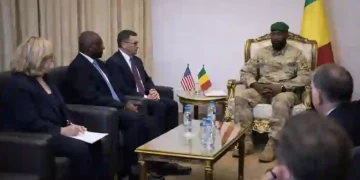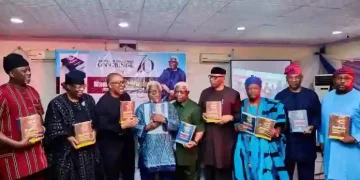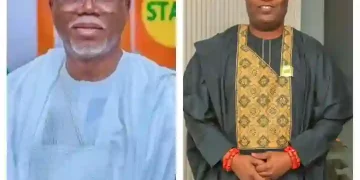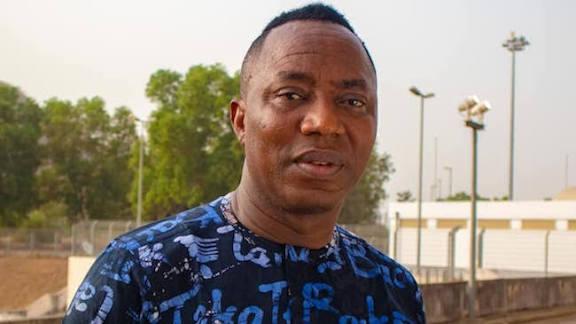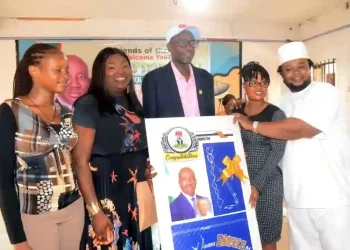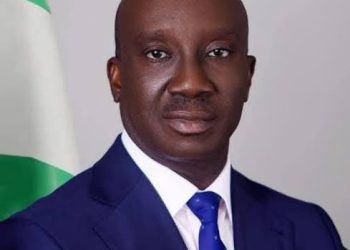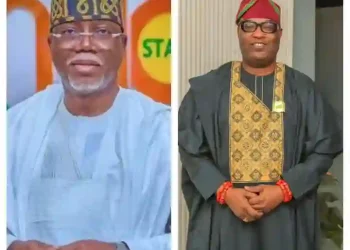Nigerian activist and former presidential candidate, Omoyele Sowore, has strongly refuted the Lagos State Police Command’s declaration, naming him a wanted person over alleged plans to incite public unrest. The controversy stems from claims that Sowore and members of his Take It Back Movement had plotted to barricade major roads in protest against the recent demolition of houses in Oworonshoki.
Commissioner of Police, Olohundare Jimoh, told reporters at the Iyana-Oworo section of the Third Mainland Bridge that security operatives were “closing in” on Sowore and his associates. According to him, intelligence reports revealed that the group intended to stage simultaneous demonstrations across the city — including at the Third Mainland Bridge, Lekki Tollgate, and Freedom Park — actions the police said were likely to disrupt public peace. “We are closing in on Sowore and others coordinating activities intended to disrupt public peace. He should report to the nearest police station or risk being arrested wherever he is found,” the commissioner stated.
Authorities insisted that Sowore ignored earlier warnings against mobilising street protests. Thirteen individuals have reportedly been arrested in connection with what the police described as a “criminal plan” to cause disturbances. The Lagos CP also cited safety concerns, saying, “The Third Mainland Bridge was not designed to hold stationary weight. Any gathering on it could pose structural risks,” while reiterating that those attempting to obstruct highways would face legal consequences.
The commissioner maintained that residents displaced by the Oworonshoki demolition exercise had already been compensated, arguing that there was “no basis” for further agitation. His statement drew immediate reactions across social media, as many questioned the speed with which the police moved to name Sowore a suspect before confirming dialogue with him.
Responding late Monday evening, Sowore took to X (formerly Twitter) to dismiss the police claims as an orchestrated attempt to criminalize legitimate dissent. The activist wrote, “The Lagos Police Commissioner, Moshood Jimoh, has reportedly declared me ‘wanted’ for ‘disturbance of public peace,’ allegedly because his officers failed to execute a ‘shoot-on-sight’ order issued by his illegal IGP, Kayode Egbetokun, in Oworonshoki today.”
He noted that he had repeatedly tried to reach the commissioner but received no response. “Despite my repeated attempts to reach Commissioner Jimoh, he has not taken my calls; nevertheless, I plan to meet with him soon to address his declaration,” Sowore added.
Earlier, Sowore had described the Oworonshoki demolition as “unjust and inhumane,” pledging to lead peaceful demonstrations until the government provided adequate resettlement support for affected residents. The Lagos police, however, maintain that his actions could destabilize the state, cautioning that while freedom of expression is guaranteed, it must not be exercised in ways that threaten public safety.
As the standoff intensifies, human rights observers say the unfolding events highlight Nigeria’s fragile balance between civic activism and state security enforcement. For Sowore, a figure long familiar with government scrutiny, the police declaration is not just about a protest—it reflects a deeper struggle over who gets to define the limits of dissent in a democracy.

